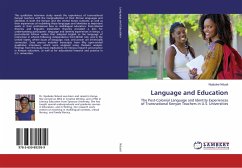
Broschiertes Buch
The Post-Colonial Language and Identity Experiences of Transnational Kenyan Teachers in U.S. Universities
18. Mai 2016
LAP Lambert Academic Publishing

Ähnliche Artikel
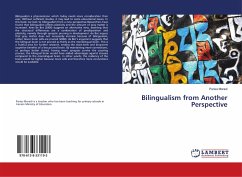
23,99 €
Versandfertig in 6-10 Tagen
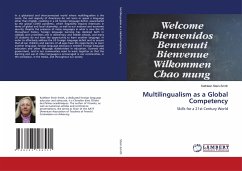
Broschiertes Buch
Skills for a 21st Century World
14. Januar 2021
LAP Lambert Academic Publishing
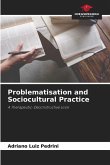
Broschiertes Buch
A Therapeutic-Deconstructive Look
21. Mai 2023
Our Knowledge Publishing
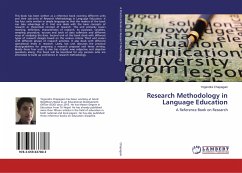
Broschiertes Buch
A Reference Book on Research
20. März 2015
LAP Lambert Academic Publishing
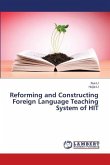
Broschiertes Buch
18. April 2023
LAP Lambert Academic Publishing
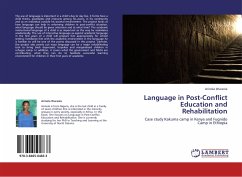
Broschiertes Buch
Case study Kakuma camp in Kenya and Fugnido Camp in Ethiopia
16. September 2011
LAP Lambert Academic Publishing
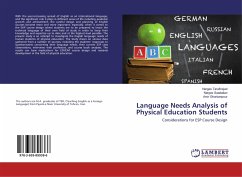
23,99 €
Versandfertig in 6-10 Tagen
Broschiertes Buch
Considerations for ESP Course Design
11. Juli 2016
LAP Lambert Academic Publishing
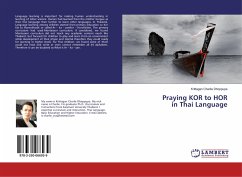
23,99 €
Versandfertig in 6-10 Tagen
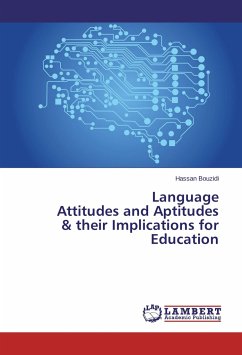
Broschiertes Buch
3. August 2015
LAP Lambert Academic Publishing
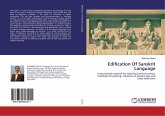
Broschiertes Buch
Instructional material for teaching Sanskrit,various methods of teaching, relevance in present age and value education
19. Februar 2016
LAP Lambert Academic Publishing
Ähnlichkeitssuche: Fact®Finder von OMIKRON
